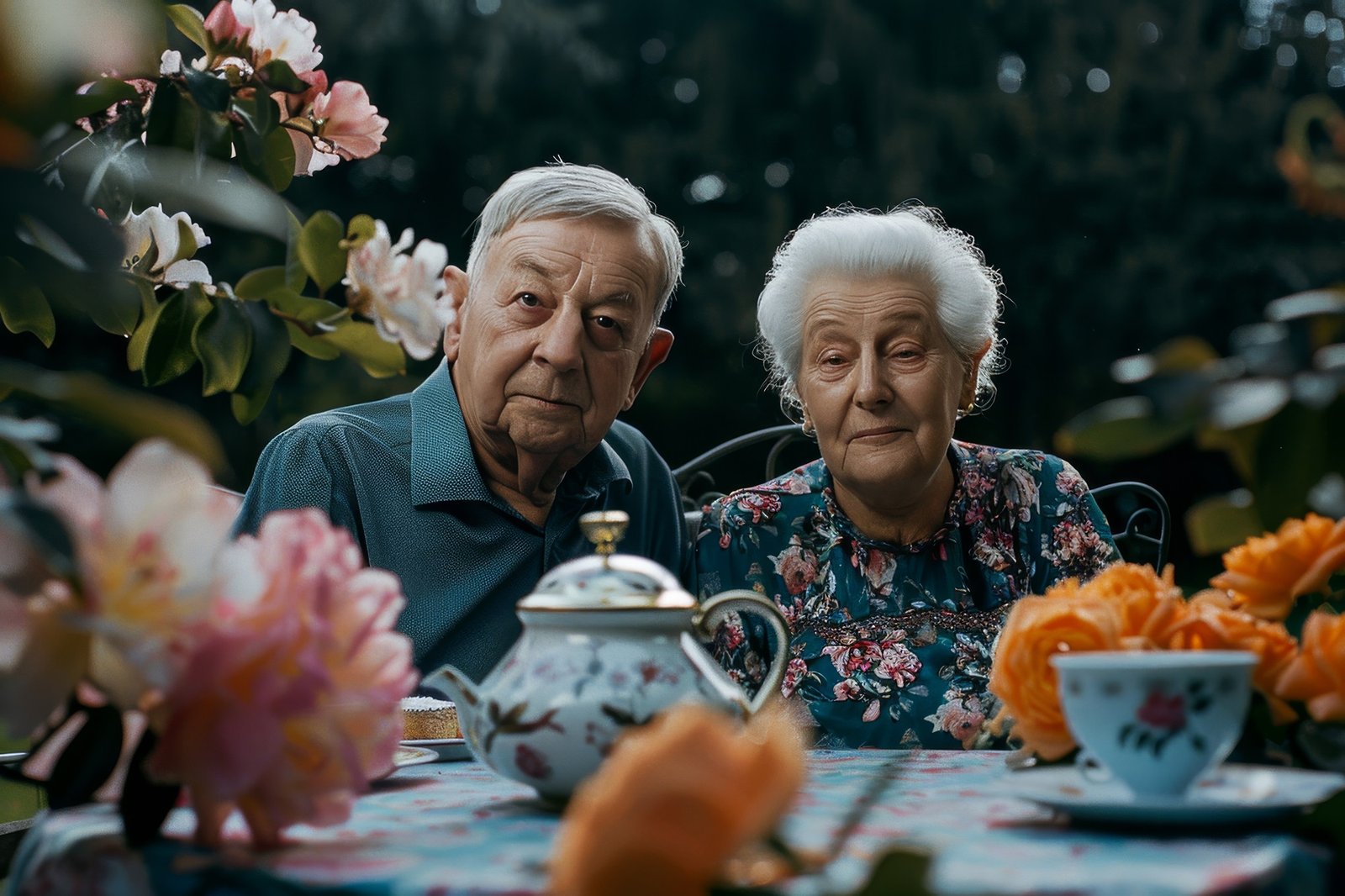THERE ARE THOSE WHO SAY another ‘cold war’ is coming. Others believe it has already begun in your life. Those of us who underwent the previous one would agree that no one in their right mind would desire another.
It connected me belatedly in September 1972, when I was 27 years old. I had spent a glorious month in Poland, visiting my father’s family, and was at the train station in Warsaw, waiting to start my journey to Scotland to visit my mother’s relatives. At the station was Mira, a 20-year-old girl I had met two weeks earlier at a family betrothal.
At Polish weddings, the custom is for each male guest to hand the bride a flower, typically a red or yellow rose, wrapped in cellophane and tied with ribbons. When it came to my turn, I glimpsed that the bride had so many flowers that I pivoted to her bridesmaid, Mira, and gave her my red rose. She gave me a puzzled look, then smiled. My heart melted. It was love at first sight for me.
At the reception, I persuaded Mira to dance with me, and for a brief moment, I sat beside her. I proposed to her there and then, with the help of my cousin, who assisted me with the translation. Mira was taken aback. “I’ve just met you,” she said. “I know nothing about you. Who do you think you are?”
She wasn’t easy to win over, but the next day, with her parents and three sisters present, I met her at her home. We devoured every day for the next 15 days jointly. Mira bought a pocket Polish/English dictionary – it was a fun time for both of us.
Back at the station, the scene resembled one from a movie. Boy on a train, leaning out of a window, girl looking up at him from the platform.
He tells her that he loves her and that he’ll come back for her. Before meeting Mira, I had planned to spend a month in Scotland, then fly home to Sydney. Now, I promised to return to Poland on my way through.
I eventually made my way to my compartment, where I met a young French lady and an elderly couple. We greeted each other with a nod and realised that we could communicate in limited English.
The Cold War began in 1945, at the end of World War II, when Germany was divided in two. Berlin, deep in East Germany, was also split in two when the Soviet-controlled authorities built the infamous Berlin Wall to keep their subjects in and everyone else out.
Our voyage into East Germany had mostly been slow until we ripped into the well-known Friedrichstrasse Station in East Berlin.
The ticket inspector informed the elderly couple that they were in the wrong carriage. I offered to help them with their luggage and accompany them to the correct carriage.
As I was returning to my own carriage, I heard an angry and assertive roar and the sharp blowing of whistles. German Shepherds pulling at their leashes were barking and ripping along the platform with dozens of soldiers armed with automated weapons.
A Doberman was snarling at me, and suddenly an officer appeared and ordered me to get into the adjacent carriage. I didn’t speak German, but I tried to remonstrate with him that my carriage was further back. He placed his pink, pudgy hand on the flap of his tan holster and beckoned me aboard.
As he ushered me into an empty compartment, I could hear the sound of jackboots running along the top of carriages and dogs yelping from underneath. He was yelling “Papiers!” The look on his face was daunting and terrifying.
This was East Berlin, under Soviet control; here, they shot first and asked questions later. I thought of Mira and prayed the guard would not draw his pistol. Life had little meaning to the Soviets, and I was genuinely scared for mine.
Meanwhile, back in my compartment, the French lady, as I found out later, was explaining my absence to the guards and soldiers as best she could. The guards searched through my things and found my passport and transit visas.
Apparently, they relaxed as soon as they saw the Australian passport. Eventually, they worked out the situation, and once the guard detaining me was informed, I was escorted back to my carriage. I was so grateful to the French lady for her help in clearing up the misunderstanding. The relief I felt was overwhelming.
I learned that a young man was rumoured to be trying to escape to the West, and the guards were searching the train for him. I never found out if this was true or not. Did he manage to escape? Was he caught and shot? I only walked in his shoes momentarily, but these thoughts still haunt me. People were desperate, families were separated, and freedom was not just a word – it was a statement.
My thoughts again turned to Mira. I loved her now more than ever. It hit me how close I had come to not being with her. One slight miscalculation by anyone and it could have been fatal. I was more determined than ever to get back to Poland.
I only spent one week in Scotland, and on the way back through Eastern Europe, I made sure my papers were always on my person. I did not leave my seat at Friedenstrasse Station.
On returning to Poland, I stayed five months, three to arrange documents for our wedding and two to arrange for Mira to come to Australia. We were married on 14th January 1973 in Warsaw in the same church where I had met Mira four months earlier. We recently celebrated our 45th wedding anniversary with our three children and five grandchildren. Editor Story
















